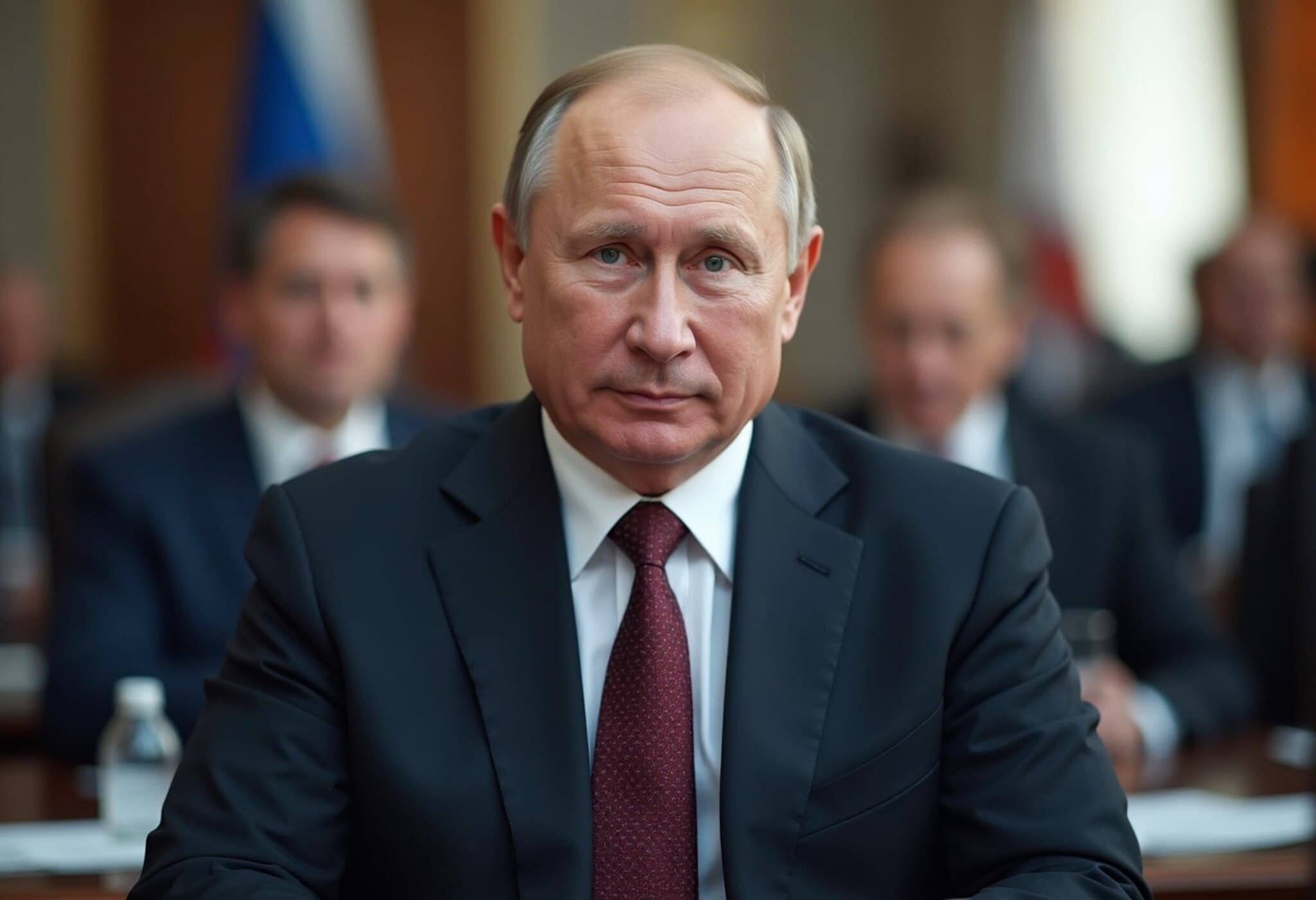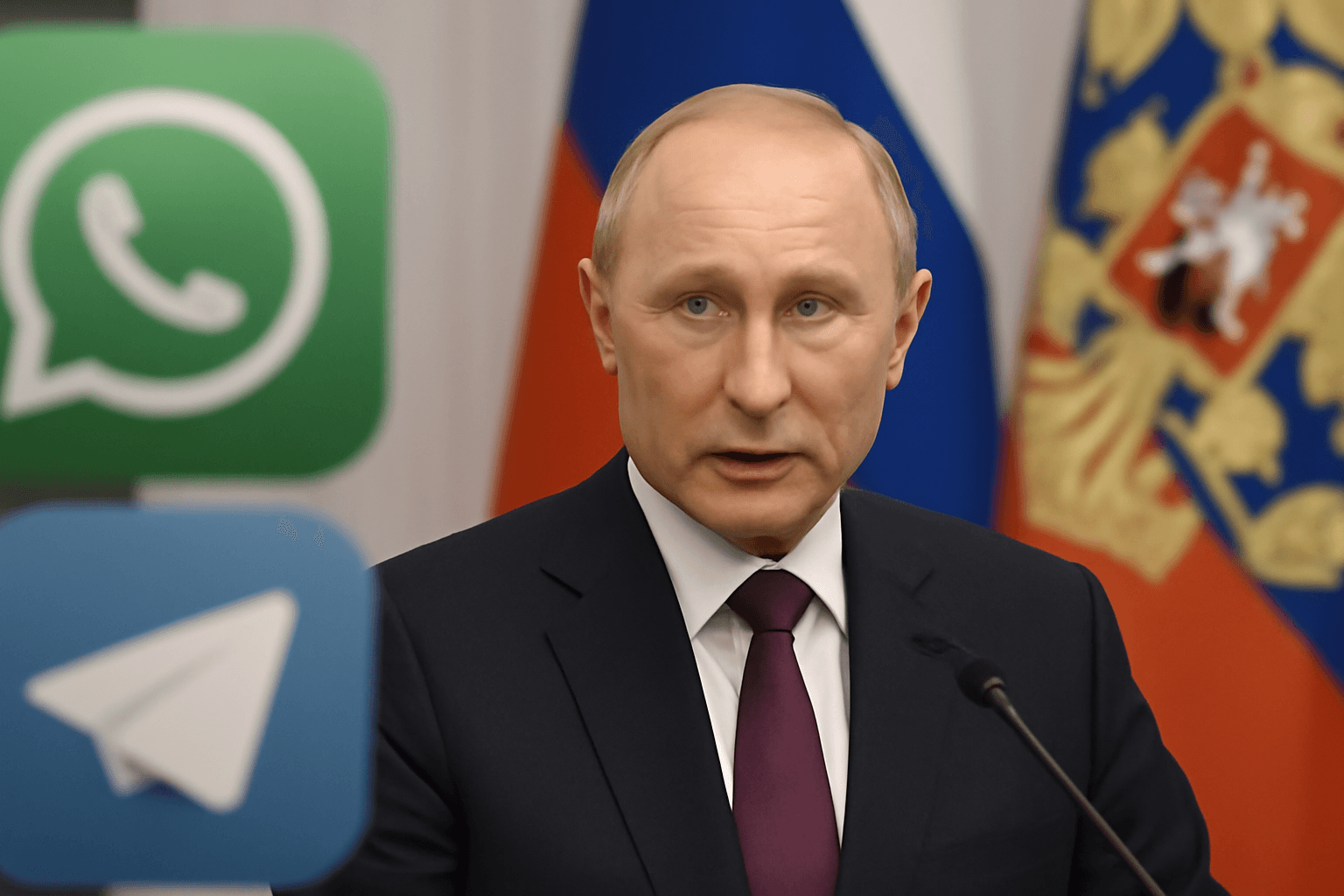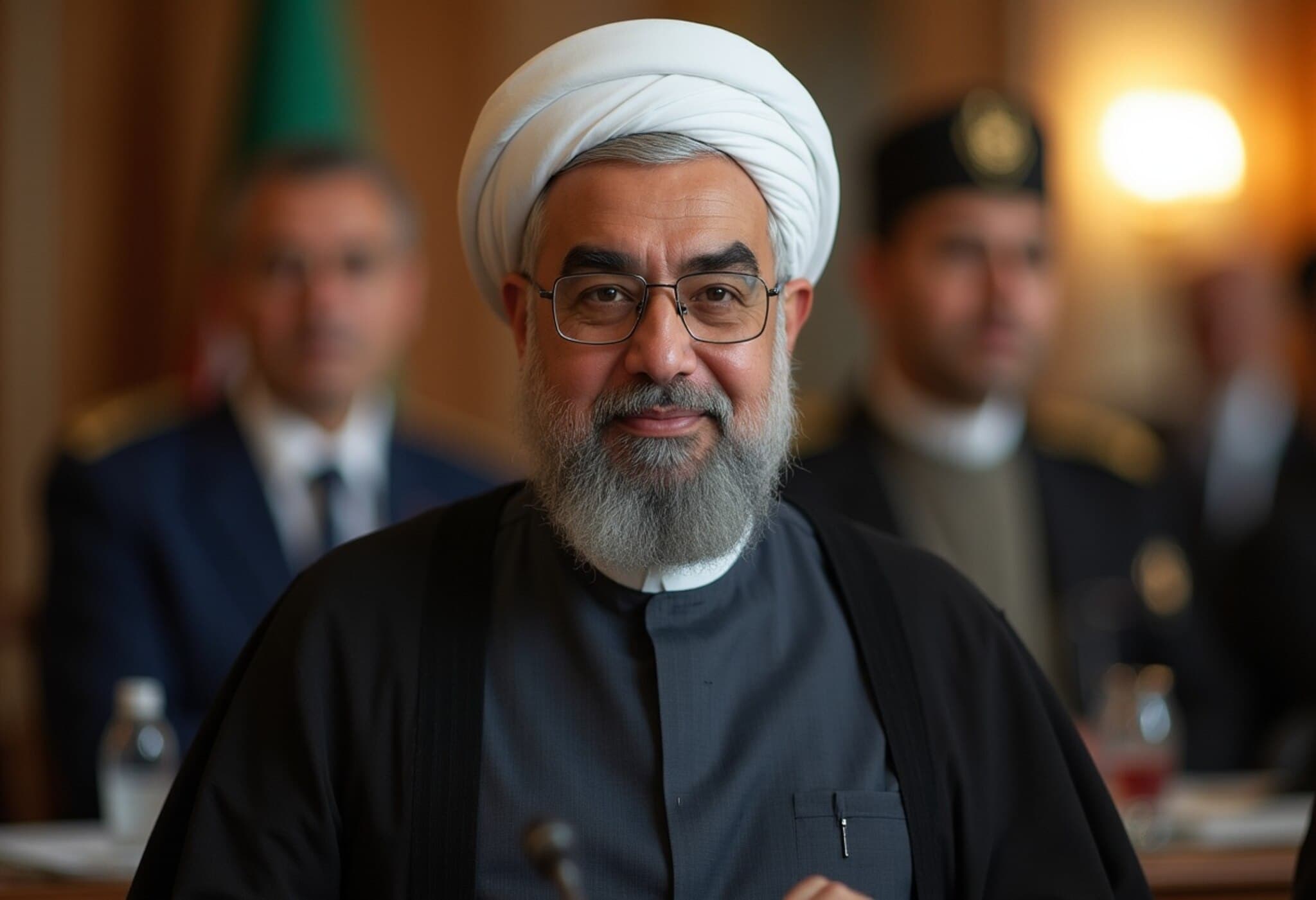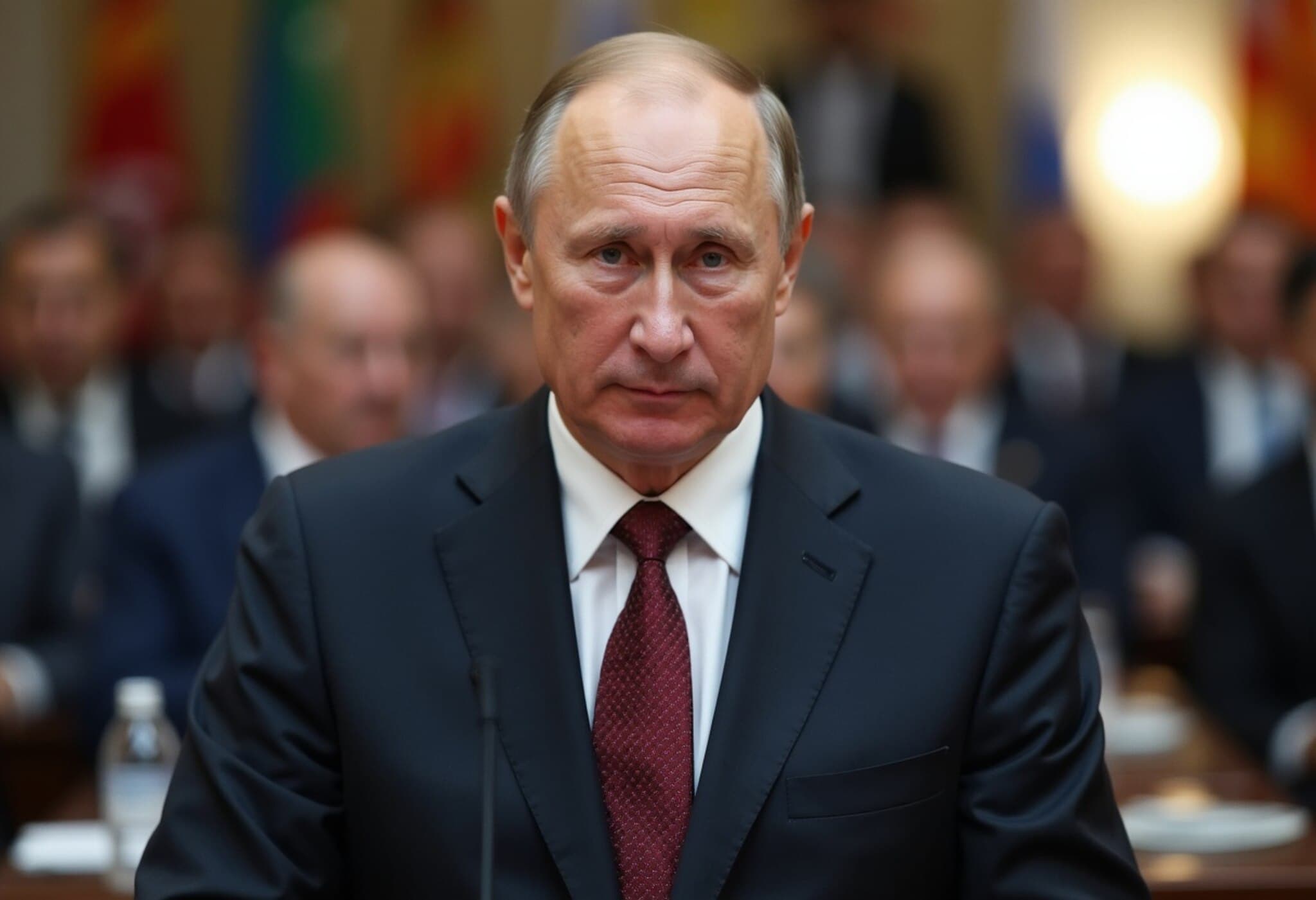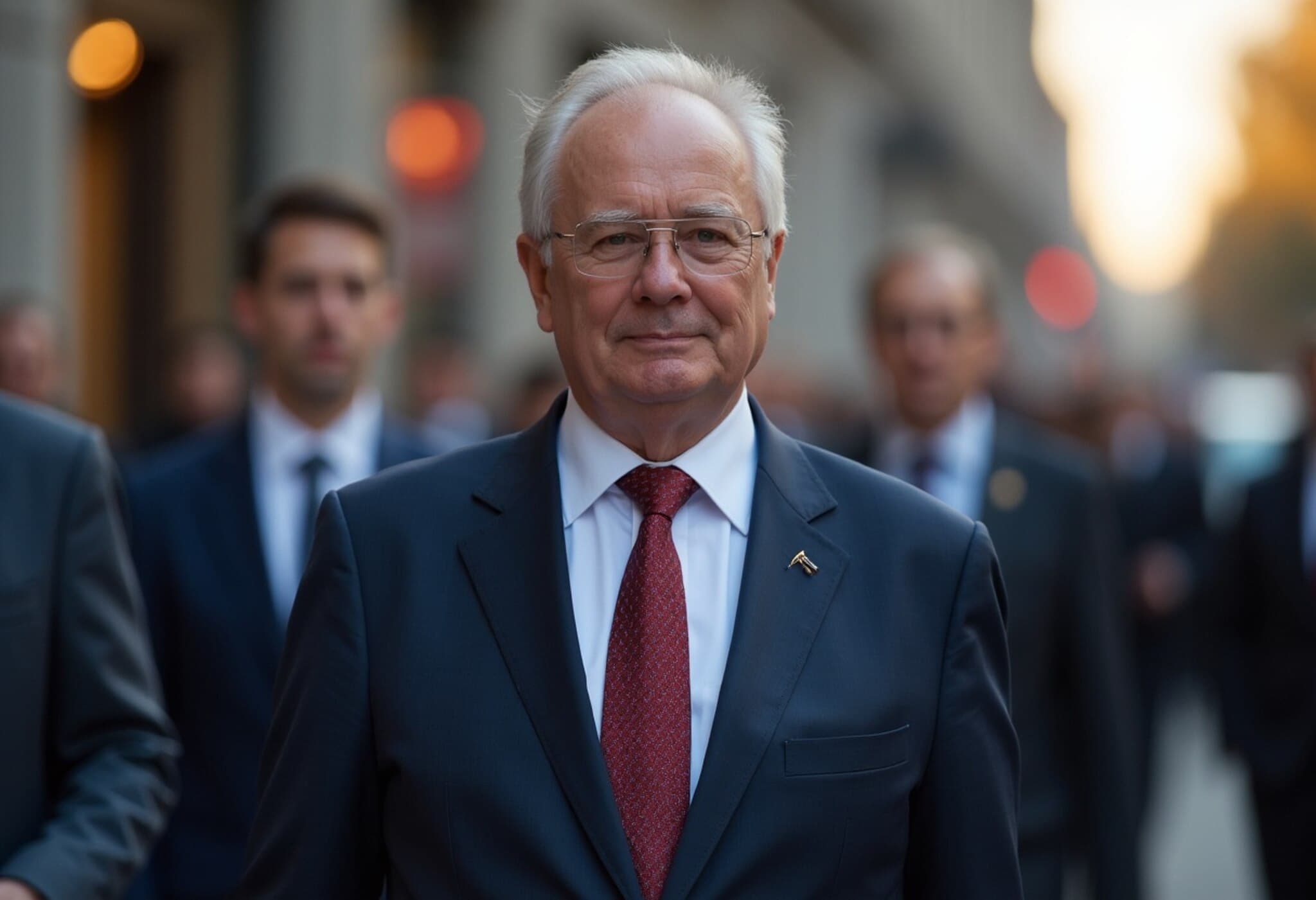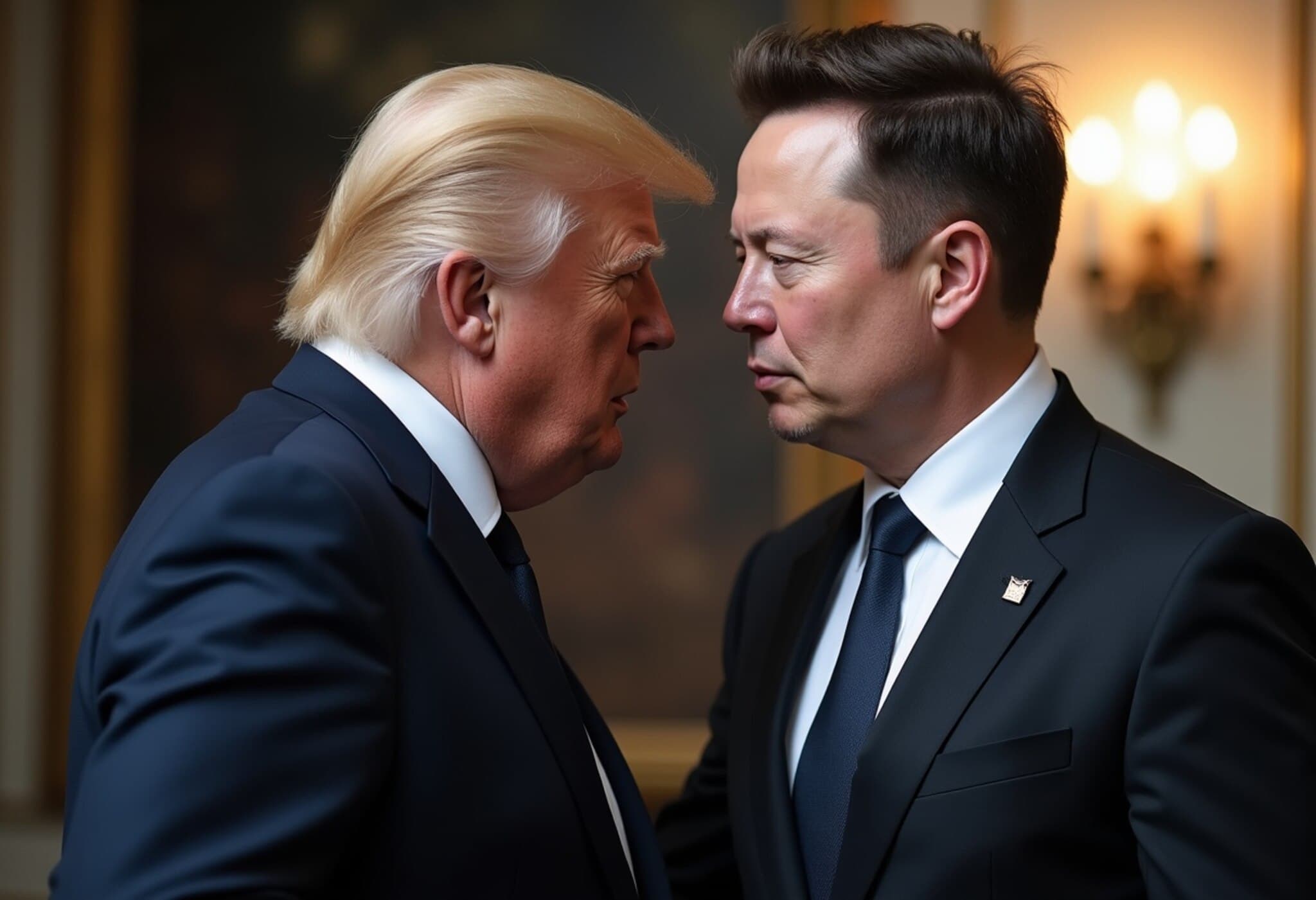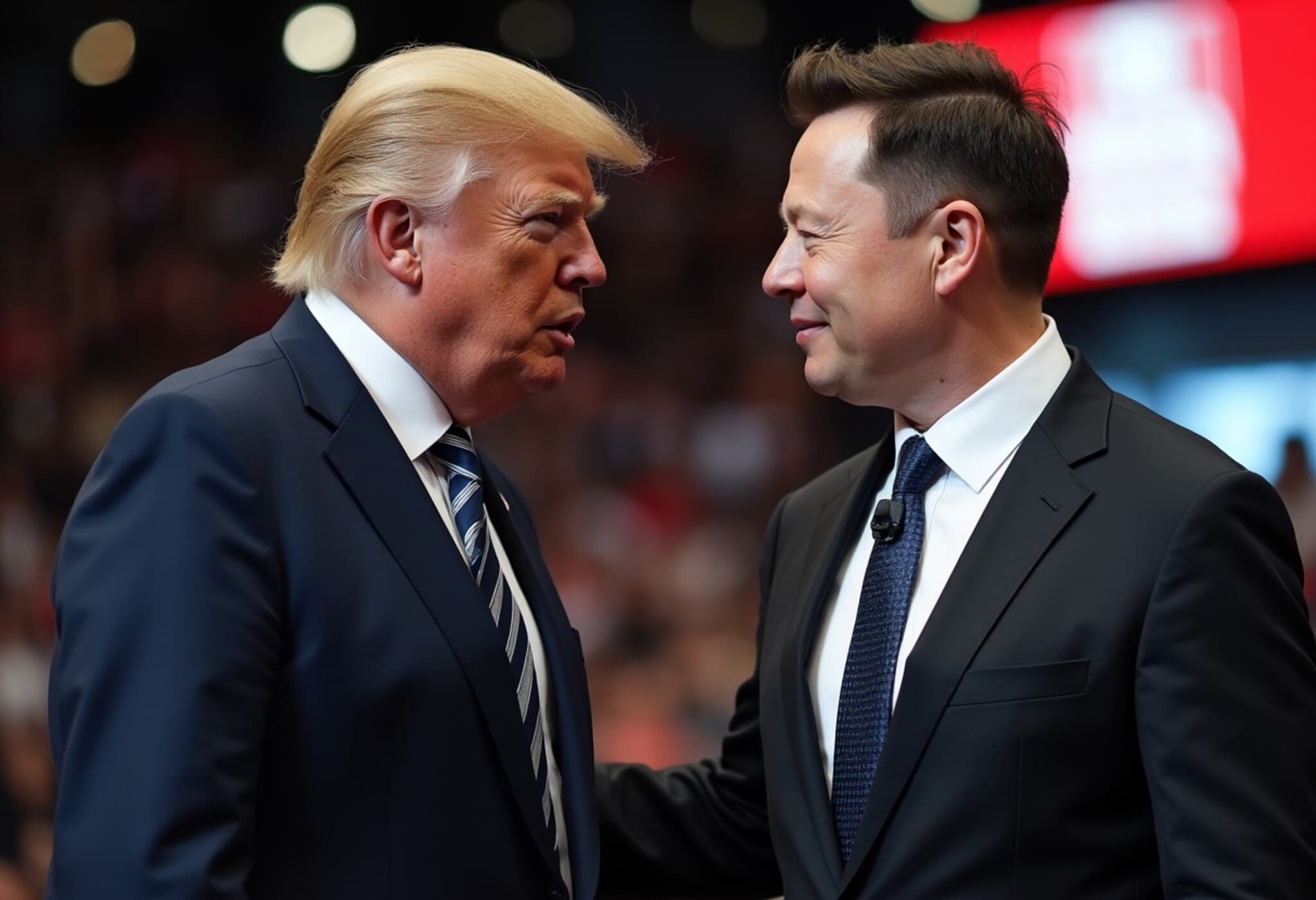Putin Pushes for a Homegrown Messaging App to Replace WhatsApp in Russia
In a significant move to assert digital sovereignty, Russian President Vladimir Putin has called for the phasing out of WhatsApp, currently the last major foreign messaging platform active in the country. Instead, he envisions the launch of a national messenger app developed and operated within Russia.
The Drive Behind a National Messaging Service
President Putin’s push comes amid growing efforts by the Russian government to reduce reliance on foreign technology services. Officials have been urged to deactivate their WhatsApp accounts and transition to this domestically created platform, which is expected to debut within a few years.
The Russian State Duma has already passed legislation to facilitate the creation of this service, which will cover messaging, voice calls, and integration with public and commercial government services.
Features and Integration
According to statements from the presidential spokesperson, the app will be built on Russian-developed software. It will integrate with Gosuslugi, the government’s digital portal, enabling users to verify identities, submit digital documents, register transactions, and sign documents electronically.
The ambition is to match or exceed the quality and capabilities of international messaging platforms, ensuring the service is competitive on every front.
Fostering Competition in the Messaging Landscape
The government spokesperson highlighted a key principle driving this initiative: encouraging competition. Rather than launching a single state messenger, Russia aims to support the emergence of multiple national apps to stimulate innovation.
“A national messenger—and not just one—should appear in our country,” he said, pointing out that globally, messaging apps succeed amid intense rivalry which propels continuous improvement.
Global Examples of National Messaging Apps
Russia’s move aligns with a broader global trend where countries develop their own indigenous messaging platforms. For instance:
- China operates several homegrown messaging apps, such as WeChat.
- Vietnam has its own local messaging platforms.
- Japan and South Korea also support domestic messaging services highly popular among their populations.
This domestic approach often stems from concerns over privacy, sovereignty, and economic control over critical digital infrastructure.
Looking Ahead
As Russia charts a course towards digital self-reliance, the national messenger app could transform how citizens communicate and interact with government services. The coming years will reveal how effectively this new ecosystem competes with established global players and whether it can meet Russians’ communication needs.

